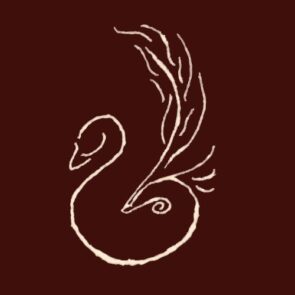Animal Husbandry is one of the very oldest of man’s occupations, following close behind gardening/agriculture. And these days you can get an overload of information on how to care for your animals just by typing a few words into Google. In this post, I want to talk about something a little more foundational — a few Biblical principles that apply to this privilege of caring for animals.
Opinions and Philosophies
If you’ve ever scrolled through the threads of poultry-keeping forums such as backyardchickens.com (or any forums involving the care and breeding of animals), you’ve probably noticed the range and volume of opinions that people hold on animal husbandry. All you have to do is ask a question in a FaceBook group, and you’ll see all sorts of (sometimes conflicting) advice and opinions appear. That’s what those media platforms are for, right? The sharing of experience and opinions in order to help one another learn.
Sometimes, though, those opinions get me thinking a little more deeply about the various philosophies that lie behind them. There are varying opinions about everything from breeding programs to butchering ethics. So how do you navigate through all of that? Has God given us any principles to guide how we relate to His creatures? I believe He has.
Our “Regency” Under God
When God created mankind, He told him exactly what His will is for mankind’s role in this creation. And one of the things He said was, “…have dominion over the fish of the sea and over the birds of the heavens and over every living thing that moves on the earth.” (Genesis 1:28 ESV*)
Stewardship
This stewardship, this “regency,” under God our Maker is one of the many ways that we fulfill our role as His image-bearers. [Genesis 1:27] Have you thought of this before: when you care for your animals, you are acting like God to them. They depend on you. You provide for their needs. You set the bounds of their living place, etc. But you do this as a stewardship from the Creator. You did not create your animals. They do not ultimately belong to you; they are God’s. It’s your job to be a faithful steward.
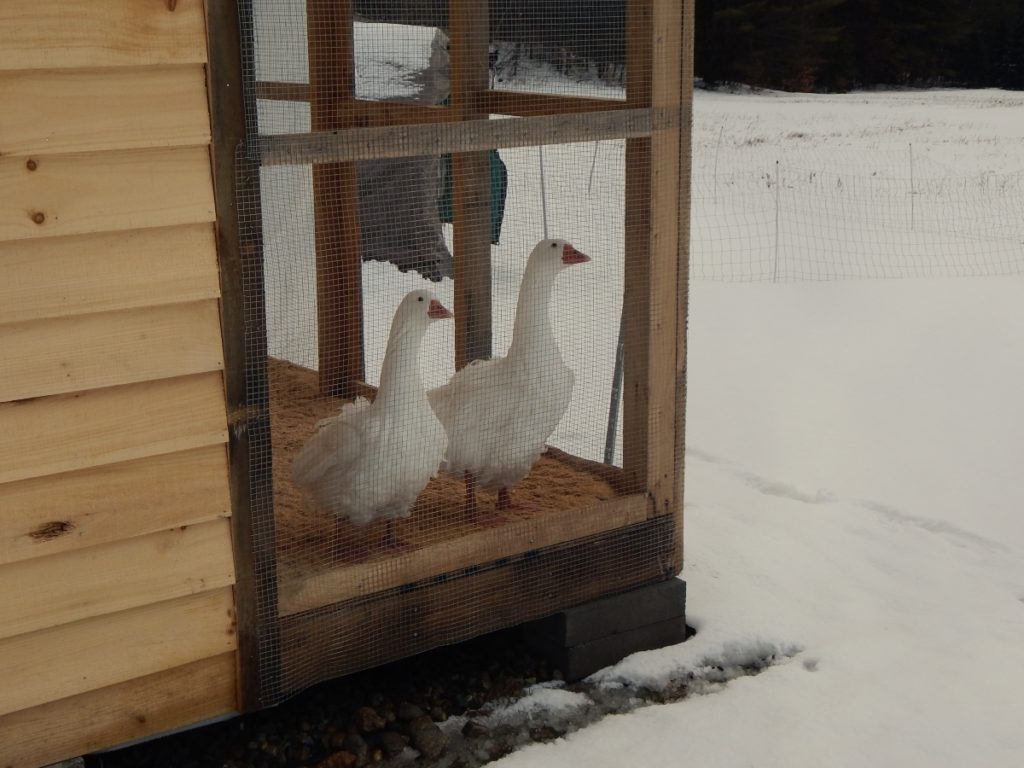
So how should this affect the way you treat the creatures in your care? Shouldn’t you give them the kind of care that God gives to all His creation? Provide for them, look after them, and tend them kindly and mercifully.
"O LORD, how manifold are your works! In wisdom have you made them all; the earth is full of your creatures.... These all look to you, to give them their food in due season." (Psalm 104:24, 27)
This definitely rules out cruelty and neglect. I think it also has something to say about issues less black-and-white, such as allowing your animals to breed when you have no purpose or plan for their offspring. How can you best fulfill your role as steward of your animals and the resources those animals provide? (Even if the “resource” is simply companionship and the pleasure of caring for a created thing.) It can inform your choices of how many animals to keep – can you do your part in providing for them?
This principle comforts me when I’m overly concerned with things like what to feed my birds, or at times when I have to make hard decisions. When I’m unsure or out of ideas, I remember that ultimately these creatures are God’s, not mine. I leave it with Him and ask for wisdom and grace to be a good steward. I’ve also had this principle in mind on mornings when I’ve been late doing chores…. 🙂
A Second Charge
According to Genesis 9, God has not only given us a stewardship over His creation, but He has given all creatures “into [our] hand.” Specifically, He has given them to us for food, and He has caused them to fear mankind. By inference, I take it to mean that after the flood He caused them to fear us in a way that they did not before.
“And God blessed Noah and his sons and said to them, ‘Be fruitful and multiply and fill the earth. The fear of you and the dread of you shall be upon every beast of the earth and upon every bird of the heavens, upon everything that creeps on the ground and all the fish of the sea. Into your hand they are delivered.’ ” (Genesis 9:1–2)
Good Fear
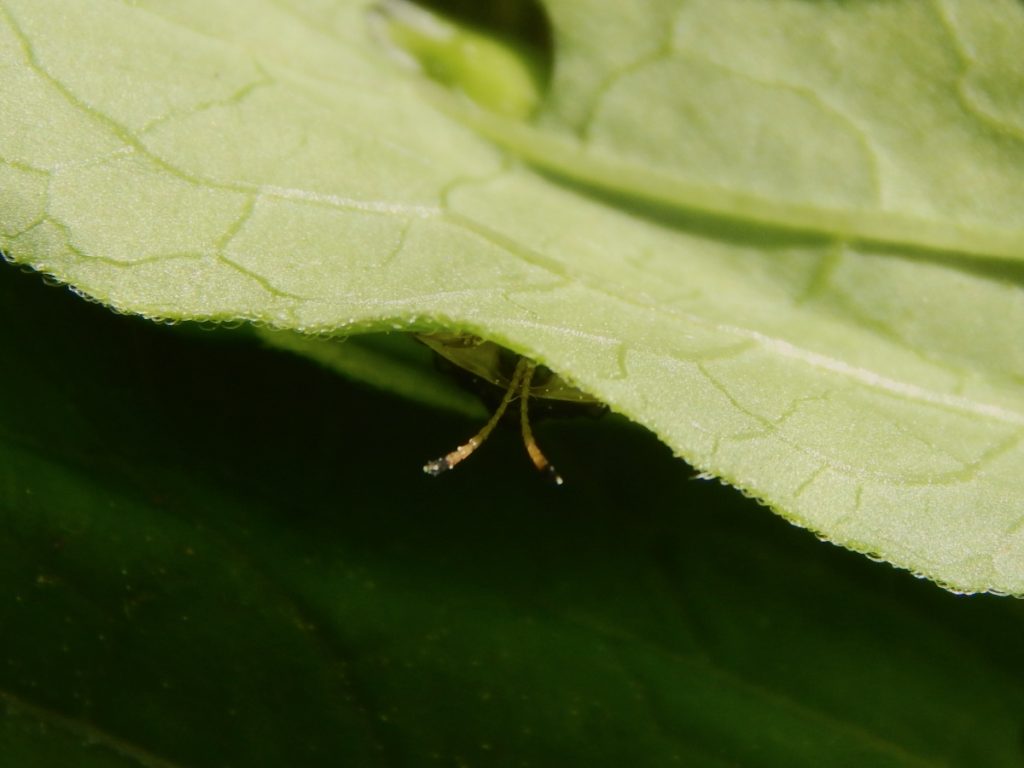
You’ve probably witnessed the frantic instinct for flight that some little animal or bird shows when you corner it. And you’ve probably experienced the process of convincing some creature to trust you – even if it’s a very small thing, like getting a bug to crawl onto your finger.
It seems to me that this fear works in their favor: they’re harder to catch and kill for food. And it seems to work in our favor: dangerous animals are still often fearful of people, and domestic animals of strength can still respect people.
Into Our Hands
It’s our hands they’ve been given into. They are in our power, as a king’s subjects are in his power. I couldn’t help but notice that the Old Testament often uses this phrase in reference to victory in battle. The enemy is given by God “into [one’s] hand.” [Genesis 14:20; 1 Samuel 17:46]
I am not implying that we are to treat all animals as our enemies! But I do wonder whether this giving of them “into [our] hand” may create space for the necessary removal of pests; the culling of old or crippled animals, even the culling of unwanted animals (though there may be issues of bad stewardship behind this).
Good Food
What is definitely clear is that God has given us permission to eat animals. In Genesis 9:3 He says to Noah: “Every moving thing that lives shall be food for you. And as I gave you the green plants, I give you everything.”
I sometimes feel guilty about killing animals. Whether it’s the vole that fell into an empty pail, the moth that followed its attraction to the bathroom nightlight, or a sick goose that isn’t getting better. I am certain that death was not originally part of this creation. I’m equally certain that the presence of death is humanity’s fault — a consequence of the fallen state and the futility that we brought on all creation because of our rebellion against God. But the verse above clearly allows us to kill animals for food. Also, as I mentioned, I think this passage gives us the delegated authority to decide the fate of animals in other situations.
If you responsibly kill an animal (or a bug) as part of your God-given stewardship, you don’t have to feel guilty. When we act as good regents, with our eyes on our King and His character and will, we won’t kill animals for wrong reasons, but only as is necessary and helpful and useful for the people into whose hands they’ve been given.
Dominion
God said in the beginning when he made man, “…let them have dominion….” [Genesis 1:26] He has given us a delegated authority over the creation.
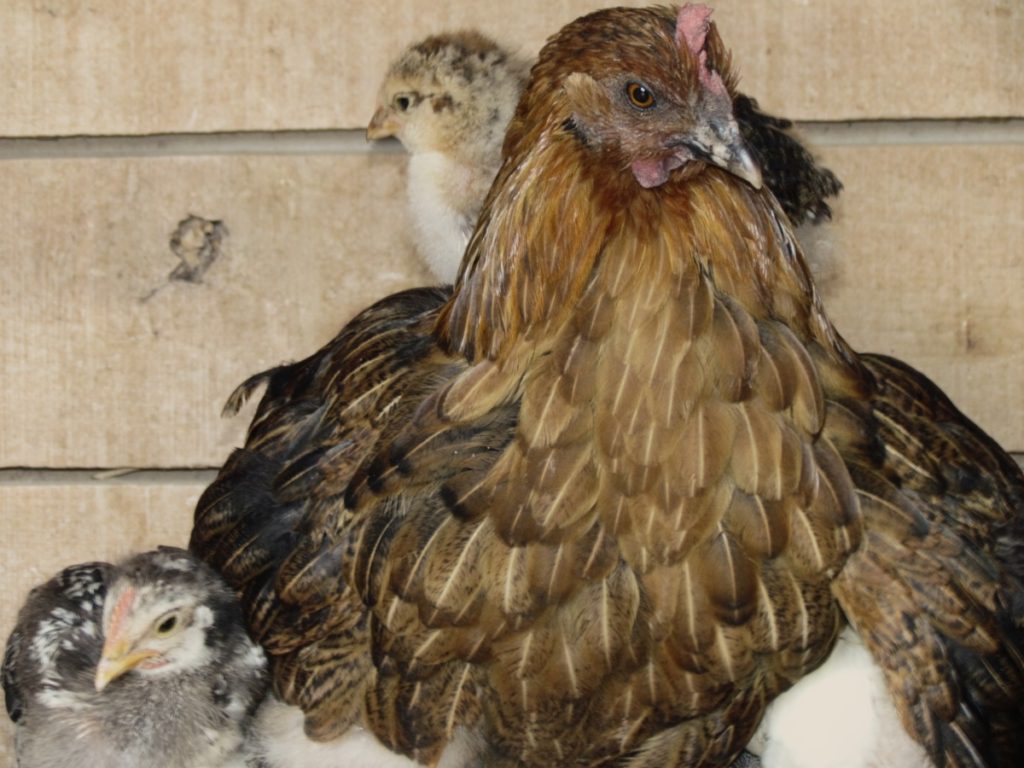
But we failed in our charge when our father Adam rebelled and fell into sin. Mankind can no longer rightly or fully obey God’s command to have dominion. It is because of us that the creation groans.
“For the creation waits with eager longing for the revealing of the sons of God. For the creation was subjected to futility, not willingly, but because of him who subjected it, in hope that the creation itself will be set free from its bondage to corruption and obtain the freedom of the glory of the children of God.” (Romans 8:19-21)
Doesn’t it make you excited that God cares about all of His creation? He bound the creation because of our sin “in hope,” so that it might be delivered through the salvation that Jesus Christ, the Second Adam, the Perfect Man, has brought! But this won’t happen until “the revealing of the sons of God.” It won’t happen until the salvation of believers is brought to its ultimate conclusion. The creation was bound when its regents fell into sin, and it will be delivered by the only Perfect Man who truly fulfills the role we were given as mankind — the King who has all dominion. [Matthew 28:18; Hebrews 2:5-9 & Psalm 8:4-6]
Where we have failed to glorify God and be fruitful, He has succeeded. And His glory and the fruitfulness of His kingdom spreads into every aspect of believers’ lives — right down to the feeding of pet waterfowl.
The Bottom Line
Animal husbandry is a complex subject backed by literally millennia of experience. And it’s no wonder. Caring for God’s creatures has been part of our job description as human beings from the beginning! But what is “right” and what is “wrong” in our care for animals can be misunderstood if our view of who we are and what they are is not founded on God’s word.
It’s wrong to idolize animals. It’s wrong to treat animals with cruelty or neglect. But it’s never ultimately about the animals. Idolatry and cruelty are not sins against your animals. They are sins against your Creator. It’s all about Him and how you relate to Him as your Maker and King. It is to Him that we will have to answer one day for how we have used our dominion and conducted our stewardship.
Until that day, may we obey God’s mandate by grace and in faith. May we steward His creation with wisdom, unto His glory, looking for the coming of the Second Adam who will renew all things.
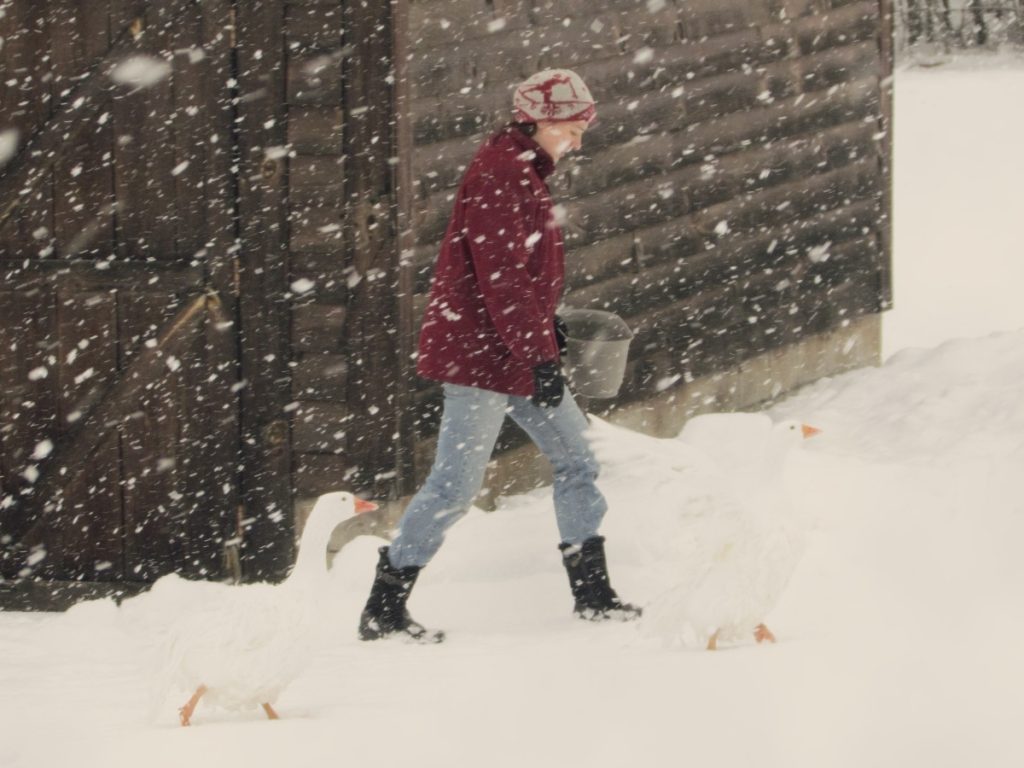
*All Scripture quotations and references are taken from: ESV, Crossway Books and Bibles, accessed on April 12, 2022, https://www.esv.org
